Ian Huntley and Stuart Hazell were both convicted of different crimes, but they had one thing in common; they lied on camera about crimes they themselves had committed. And now, in ITV's The Lying Game: Crimes That Fooled Britain, forensic psychologists and behavioural analysts have re-examined the footage, revealing how to spot a liar.
"Either movement or speech has to slow down when someone is thinking hard; you cannot do both"
Dr Sharon Leal explained: "People aren't good at detecting lies because they look for the wrong clues - my job is looking for the right clues."
Leal, alongside clinical forensic psychologist Kerry Daynes and behavioural expert Cliff Lansley, have looked back over some of Britain's most notorious crimes, offering a fresh insight into the people who stared into the camera and begged the public for help finding Holly Wells and Jessica Chapman, Tia Sharpe, Azaria Chamberlain and Madeleine McCann.
Can science help us spot a liar? The experts think so. And, for the first time ever, they've explained on television how to spot the difference between the innocent and the guilty...
IAN HUNTLEY
Double child murderer Ian Huntley is one of the most reviled killers of the past 20 years; a school caretaker, Huntley found himself in the media spotlight after being identified as the last person to see Holly Wells and Jessica Chapman alive before they went missing
What local police and the public didn't know was that Ian had been under allegations of assaulting children in the past, had strangled a disobedient puppy in front of school children and been accused of two counts of rape.
Despite his seemingly genuine appeal to the cameras, it turned out that Huntley had lured the girls into his home and murdered them.
Now, looking back at tapes of his interview with the press, the experts have revealed several ways to spot Ian's lies.
Cliff Lansley, looking at Huntley's body language throughout the clip, explained that micro-movements were very telling. The murderer gave a slight shrug and shake of the head - both of which were very minor and difficult to spot without looking - which suggested that, while his voice was saying one thing, his body was saying another.
The day after the interview aired, the police took Ian in for questioning and, once again, he appeared calm, composed and concerned for the missing girls. But his body language gave him away again.
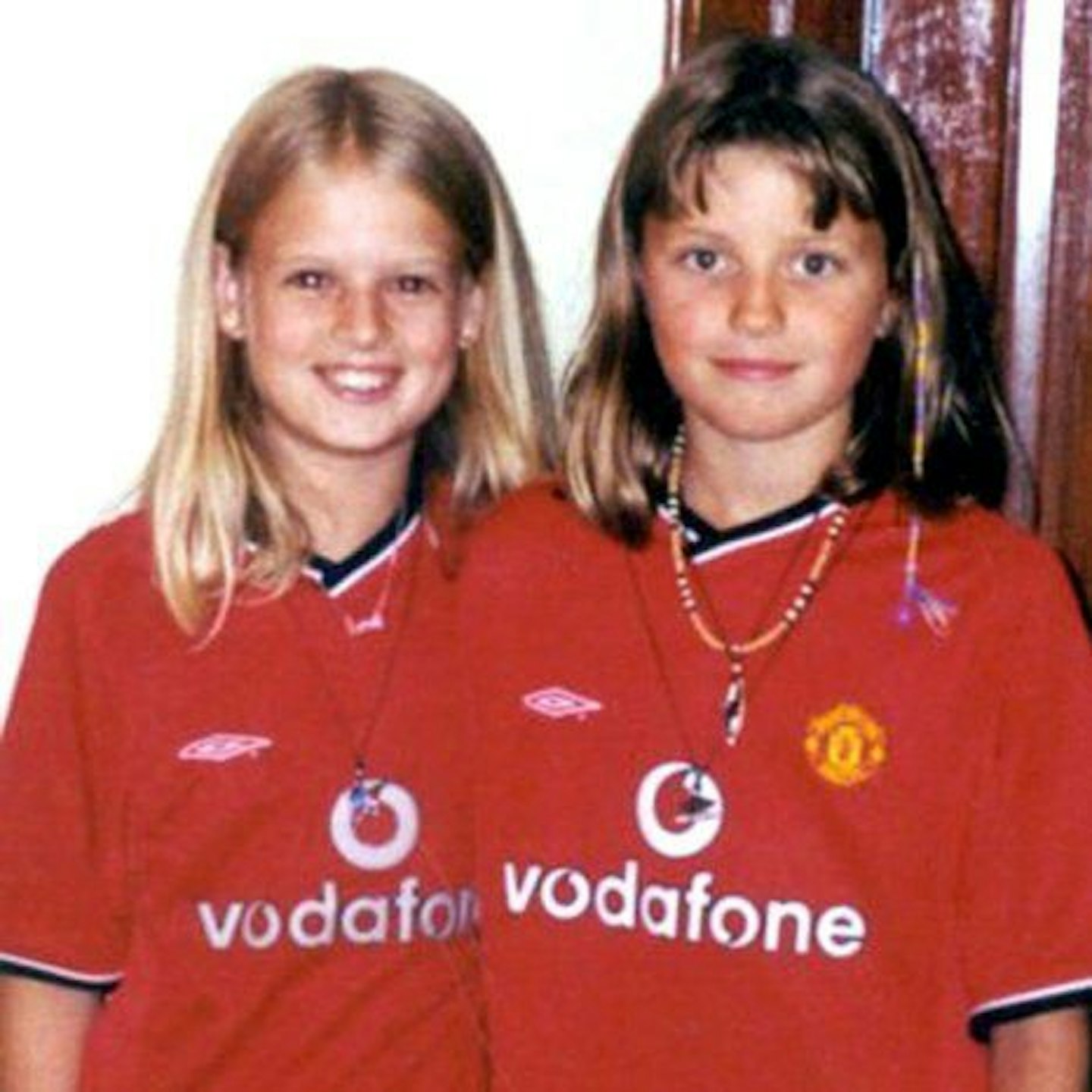
Dr Leal explained: "There are signs of thinking hard - we call it cognitive load… a motivated liar will appear calm, quite still, they're not fidgeting they're not moving around.
"You want to keep your story straight, you don't want to appear suspicious and your brain has to conceal the truthful responses… this has a physical effect on us, in that it actually stills your behaviour.
"He clamps his right arm and starts manipulating - it's a form of self comfort, because he's under stress"
"Either movement or speech has to slow down when someone is thinking hard; you cannot do both."
What little movement Huntley does make is, according to Lansley, extremely telling. When the killer is directly asked if he made any physical contact with the girls, he shifts position, uncrossing his legs and clamping his arms down in front of his crotch.
"He clamps his right arm and starts manipulating - it's a form of self comfort, because he's under stress here… and when he says 'no', the volume of his voice drops by 50%"
According to the experts, adjusting volume is a form of distancing oneself from a lie that has been told.
Ian Huntley was given a double life sentence for his crimes.
MAXINE CARR
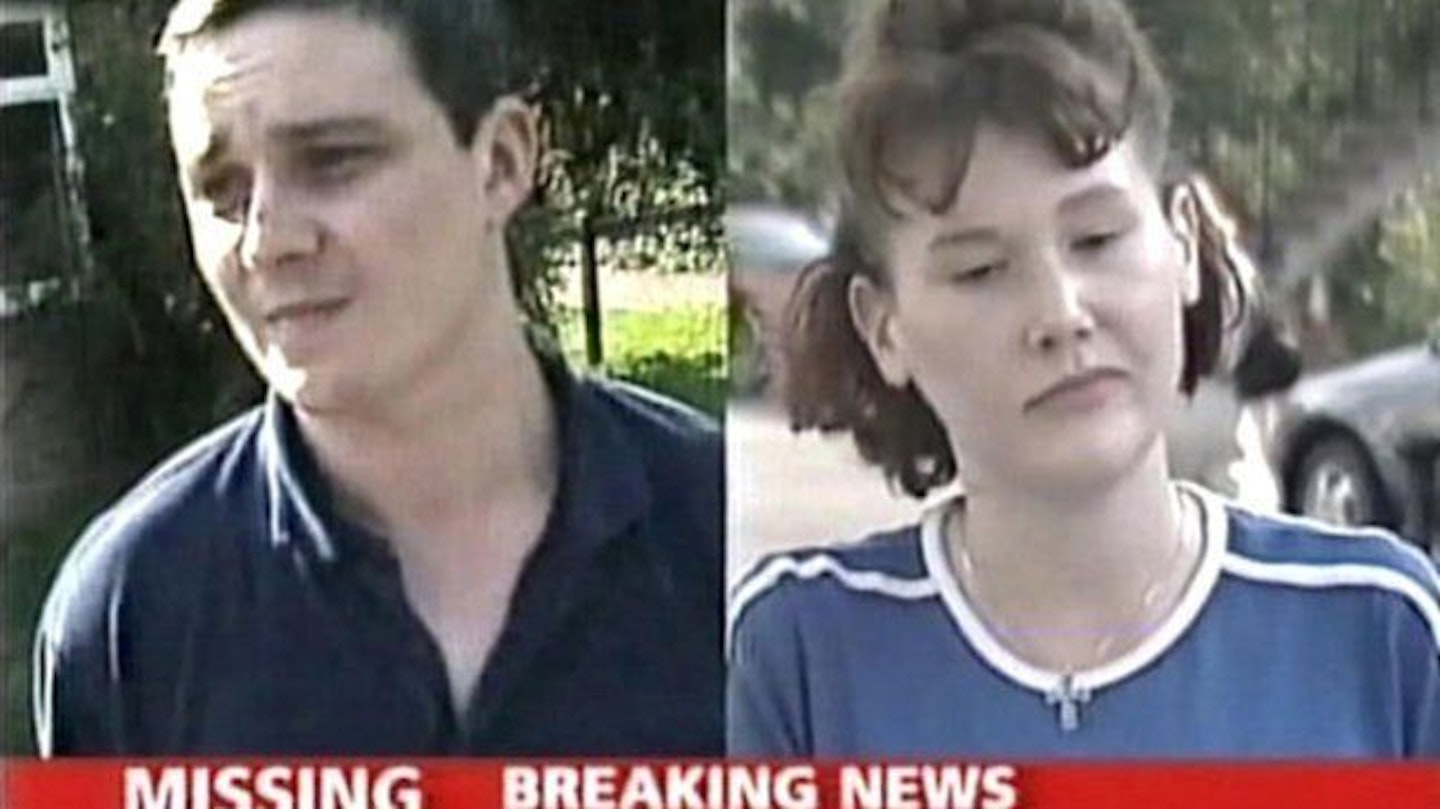
The reason Huntley was able to get away with his lies for so long was due to his girlfriend Maxine Carr, who offered him a false alibi when her partner told her he needed her help to prove his innocence. So, while she hadn't even been in Cambridge on the day of the girls' disappearance, she told the press she was at home, with Huntley, and had seen the girls walk past their house.
During the interview she seemed animated and at ease, but, as Karen Daynes points out, it is easier to lie for someone else - you can convince yourself you're doing it for all the right reasons
"I think that Maxine must have convinced herself that Ian was innocent"
"When you're in love with somebody you have truth bias - you want to believe they're telling the truth"
Leal added: "When you're in love with somebody you have truth bias - you want to believe they're telling the truth"
During the show, a sound clip - which reveals Maxine's reaction to the news her boyfriend did kill the two children - is revealed. The overwhelming grief is apparent in her voice as she became aware of the extend of the lies she had helped to cover up.
The court accepted that she had only lied to the police to protect Huntley because she believed his claims of innocence, not because she was involved, and she was sent ends to three-and-a-half years in prison. She was released in May 2004 and has been living under a new identity.
STUART HAZELL
In 2012, a young girl named Tia Sharp was reported to have gone missing from the home of her grandmother in New Addington, London. Her grandfather, Stuart Hazell, was one of the men who campaigned for information as to her whereabouts - but it soon became aware that he not a relative by blood. in fact, he was an unrelated adult male who had spent the night alone with Tia before she went missing.
As pressure mounted, his family - who believed in his innocence - convinced him to appeal to the press. And it appeared to be genuine; he claimed to have loved Tia Sharp like a daughter.
Nobody could have known that Tia's body lay just a few feet above Stuart's head - and that he had hidden her there after sexually assaulting and smothering the 12-year-old to death.
"Liars will try and come across as being a very nice and genuine person"
"The verbal signs are the best signs… liars will try and come across as being a very nice and genuine person. They will be trying to manage how they look… liars are far more aware of this than truth-tellers"
"One of Hazell's main strategies is to emphasise the fact that he's a care giver, that he loves Tia and would do nothing to harm her.
"You get that a lot… people will slip in how nice they are - and liars do that more than truth tellers."
As seen in the interview, Stuart stresses that he gave Tia a ten pound note, that he had given her breakfast and sweets and a sausage roll - all intended to be indicators of his caring personality.
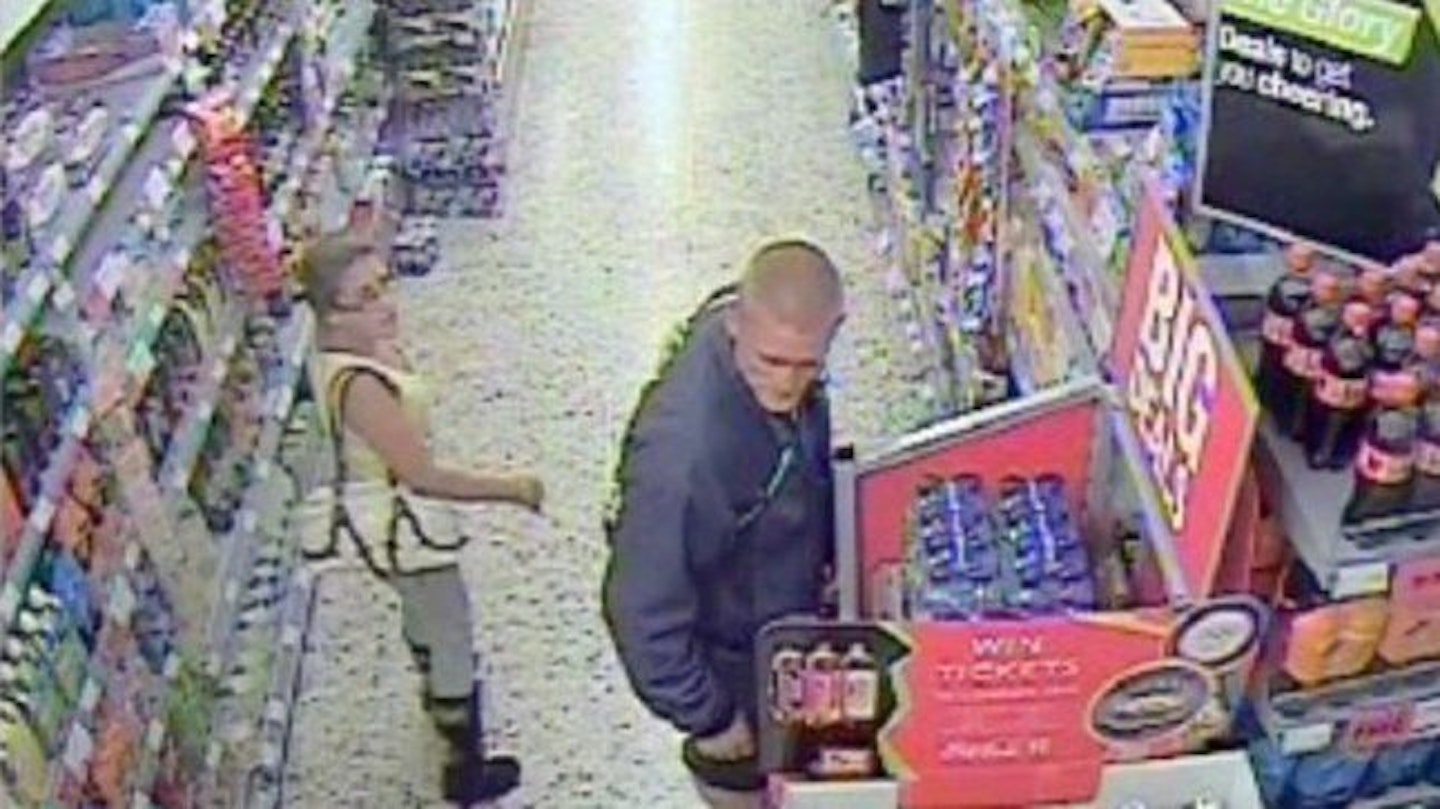
Stuart also goes into a great deal of detail about his day, talking about what he cooked, what he did, how he shook the rug and so on.
Leal explains: "Liars will talk a lot but not about the event - they will try and take people off on a tangent, away from the event.
"Truth tellers summarise; they give an overview of what happened, of what they think is important for you to know.
"They don't perceive that there's any gaps there."
However, while Hazell can go into great detail about everything he did that day, he leaves one very obvious thing out.
"He can't come up with any credible conversation that happened between him and Tia"
"Tia's mumbling, she's blabbering - he's not giving any interaction because there was no interaction… he can give every single detail but he can't come up with any credible conversation that happened between him and Tia."
It is also worth noting that Hazell speaks about Tia in the past tense and, after saying he doesn't want to find her in a field somewhere, a momentary expression of fear flashes across his face. This is the moment when he realises he's deviated from the original story, in which he claimed Tia was alive, and has now revealed he believes her to be dead.
THE INNOCENT
Liars are very concerned about their appearance and how they have presented themselves during an appeal to the press. They can fake facial expressions; both Ian Huntley and Stuart Hazell can be seen to bring their brows together and squeeze them to fake concern. This is often an expression used by children to fake sadness.
It is also worth noting that liars CAN, contrary to belief, look you straight in the eye to tell their story, and they will look you straight in the eye. As children our parents have said to us 'look me in the eye and tell me the truth' but, of course we learn how to lie to our parents. Adults continue these practises in everyday life.
If you don't know the signs to look for, the innocent can appear guilty. Although innocent, many disbelieved Lindy Chamberlain's account of her baby being taken by a dingo, suggesting she was too erratic.
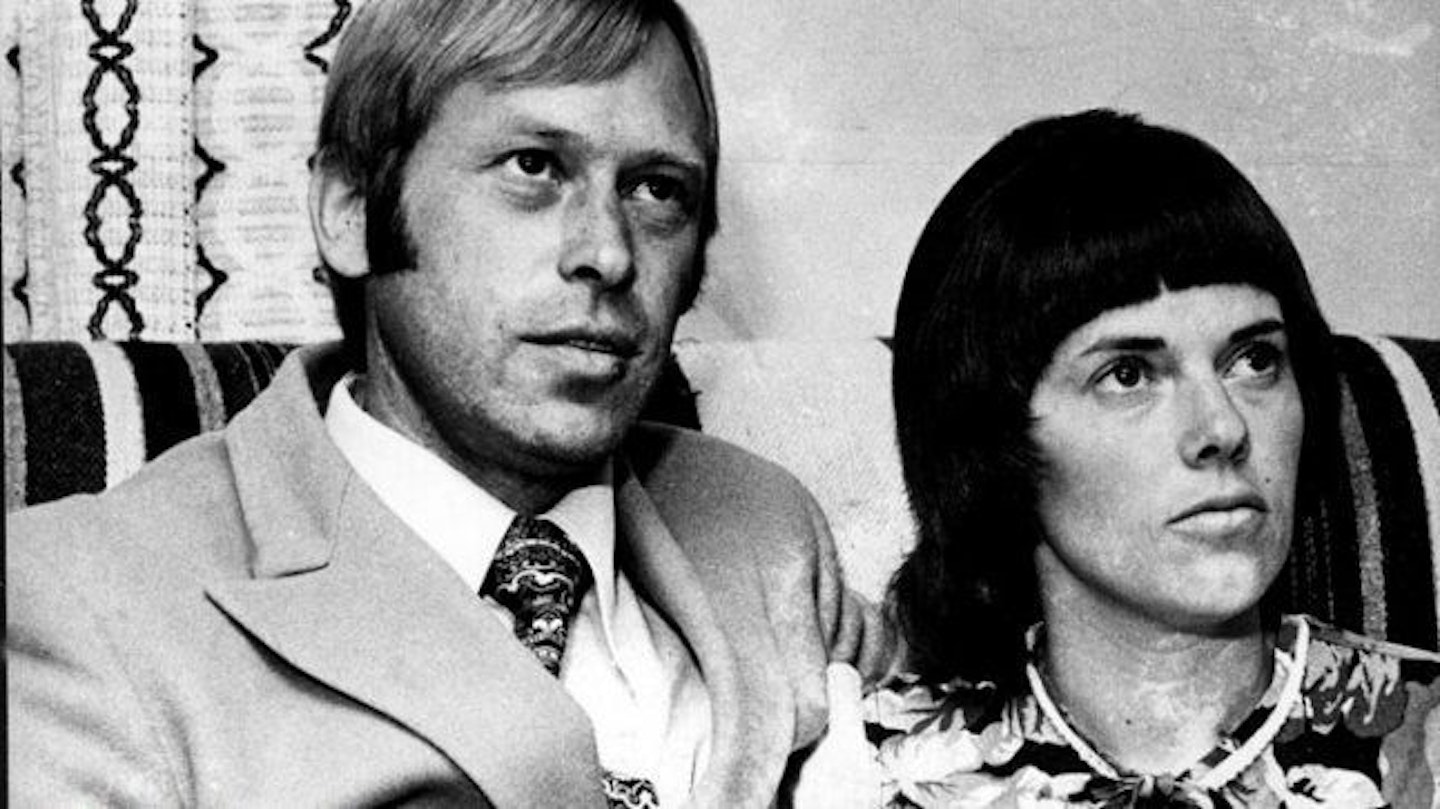
She spent over three years in jail before the truth was revealed.
Kate and Gerry McCann were also criticised by the public and accused by many of murdering their own daughter, Madeleine. This all stemmed from their very first press appeal and their awkward behaviour - but, understandably, how they seemed was the last thing on their minds.
Leal says: "[Gerry]'s brought out the list of things he must be certain to remember - he won't think that looks suspicious, but a liar might believe that is suspicious."
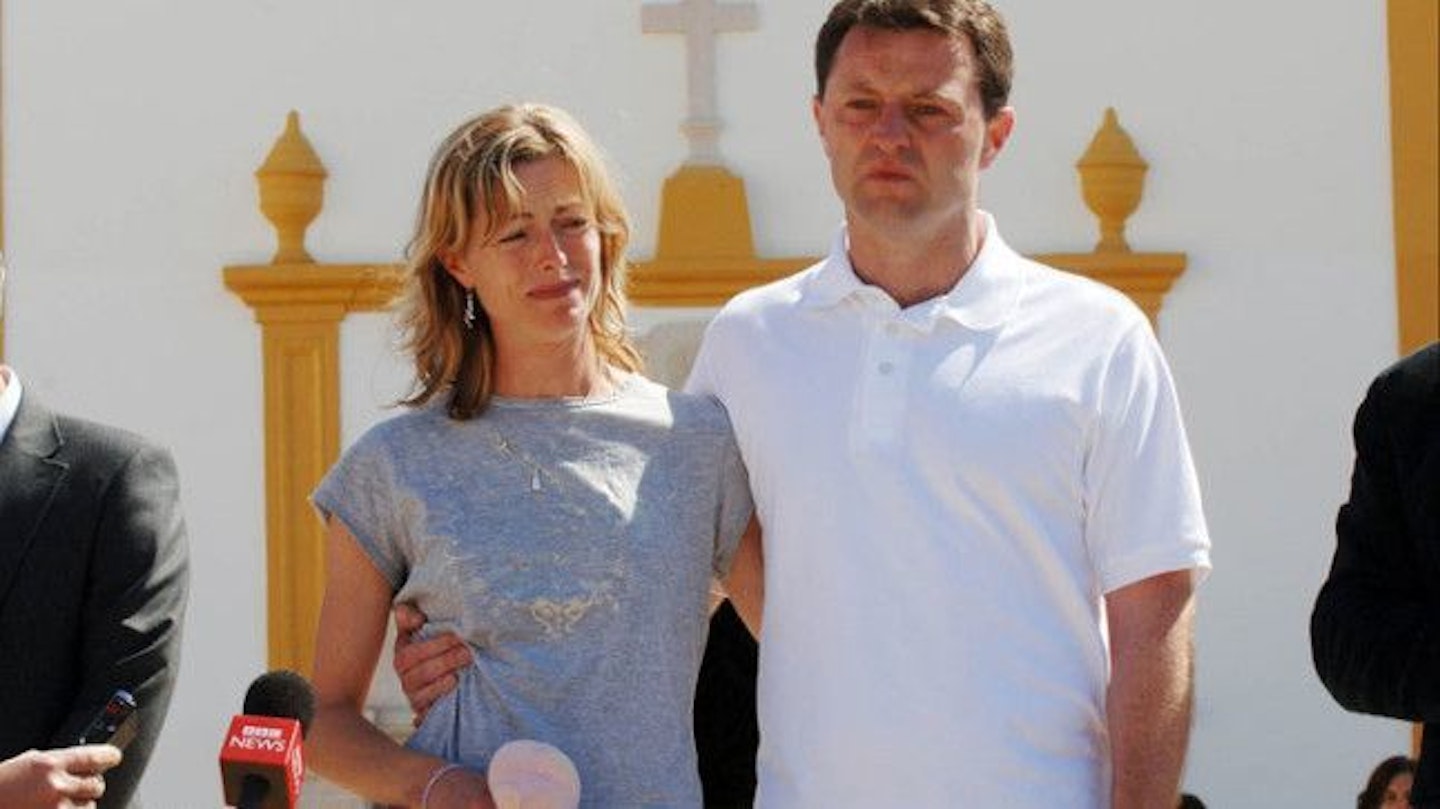
Leal went on to explain that she believes the McCanns had nothing to do with the disappearance of their daughter.
"From my point of view, they are 100% innocent."
WHAT CAN WE LEARN FROM THIS?
The Lying Game: The Crimes That Fooled Britain demonstrates how we can all have a better chance of spotting the liars in our own lives - and has revealed that new face recognition technology may asset police in place of lie detectors in the future.
The high tech 'Silent Talker' tracks facial expressions and has proven to be relatively successful in separating liars from truth-tellers.
However the experts were quick to stress that the technology will never be used without hard evidence to back up its claims.
Would you be able to spot a liar? Can we ever rely on science to tell us when somebody is lying, or is it more of a gut feeling? Did you watch The Lying Game: The Crimes That Fooled Britain? Let us know via the Comments Box below.
